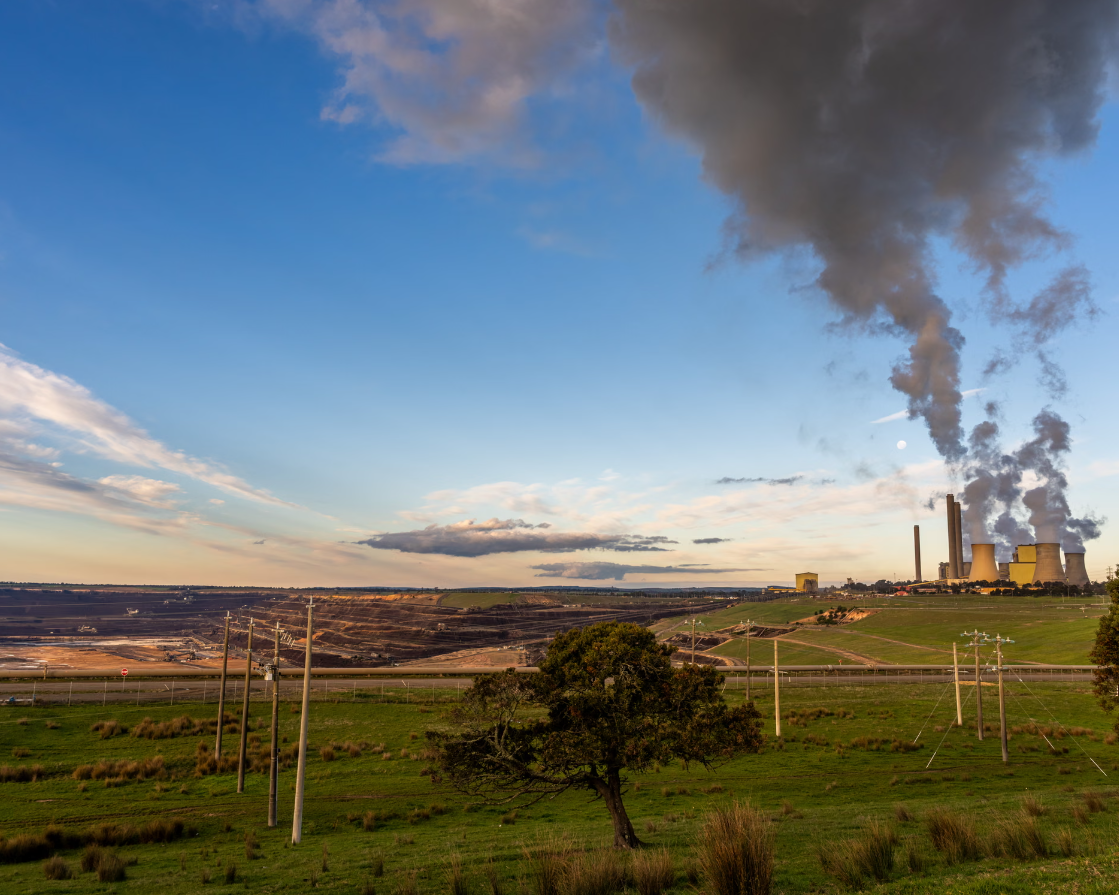
The Production Gap 2025 report, published by the Stockholm Environment Institute (SEI), Climate Analytics, and the International Institute for Sustainable Development, found that nations are planning even higher levels of fossil fuel extraction than in 2023, despite pledges to transition away from them.
If all new projects go ahead, the world would produce more than double the amount of fossil fuels in 2030 than is compatible with the 1.5°C limit set under the Paris Agreement.
"Fossil fuel production should already have peaked and begun to fall," said Emily Ghosh, programme director at SEI. "Every year of delay increases the pressure on the climate system."
Expanding, not phasing down
The analysis looked at 20 major producing nations — including the US, Russia, China, Saudi Arabia, Canada, Brazil, Australia, and the UK — which together account for about 80% of global fossil fuel output.
Only the UK, Australia, and Norway are projected to reduce oil and gas production by 2030 compared with 2023 levels. Eleven of the 20 countries have increased their production plans since the last assessment.
Coal output may fall in some nations — including the US, China, Germany, and Indonesia — but India, Russia, Colombia, and Australia are preparing to expand mining.
Energy transition risks stalling
Experts warn that the energy transition is not advancing fast enough to curb fossil fuel use. Neil Grant of Climate Analytics said renewable energy growth has so far added capacity without displacing fossil fuel demand.
"We are still waiting to see peak fossil fuel demand," he said. "If governments continue planning for incremental change, the danger is that the fossil fuel lobby grows louder and delays a transition to a cleaner, fairer economy — with devastating consequences for climate stability."
The report cautions that without a rapid shift in investment, falling demand could make fossil fuels cheaper, leading to a "rebound effect" in consumption.
Broken promises at climate summits
Countries pledged at COP26 in Glasgow in 2021 to phase down coal use and agreed at COP28 in Dubai in 2023 to "transition away" from fossil fuels. But the new analysis shows government strategies are diverging sharply from those commitments.
Derik Broekhoff, lead author of the report, said: "In 2023, governments formally recognised the need to move away from fossil fuels. But many are still relying on outdated playbooks, planning even more production than they were two years ago."
UN pressure ahead of COP30
The findings come as UN Secretary-General António Guterres prepares to press world leaders at the UN General Assembly in New York this week to strengthen commitments ahead of COP30 in Brazil this November.
Under the Paris Agreement, governments must submit new national plans covering targets to 2035 this year. But the UN's climate chief, Simon Stiell, has already warned these will likely be insufficient to keep the 1.5°C target alive.
Meanwhile, a separate report from the Industrial Transition Accelerator highlighted that out of more than 700 proposed low-carbon industrial projects worldwide, only about 15 per year are currently securing the financing needed to move forward. The group said this represents a $1.6 trillion opportunity for investors.
Ghosh urged governments to pivot investments away from fossil fuels and toward a just energy transition:
"To keep 1.5°C within reach, the world needs urgent reductions in coal, oil, and gas use, while scaling renewables and ensuring community-centred transitions."